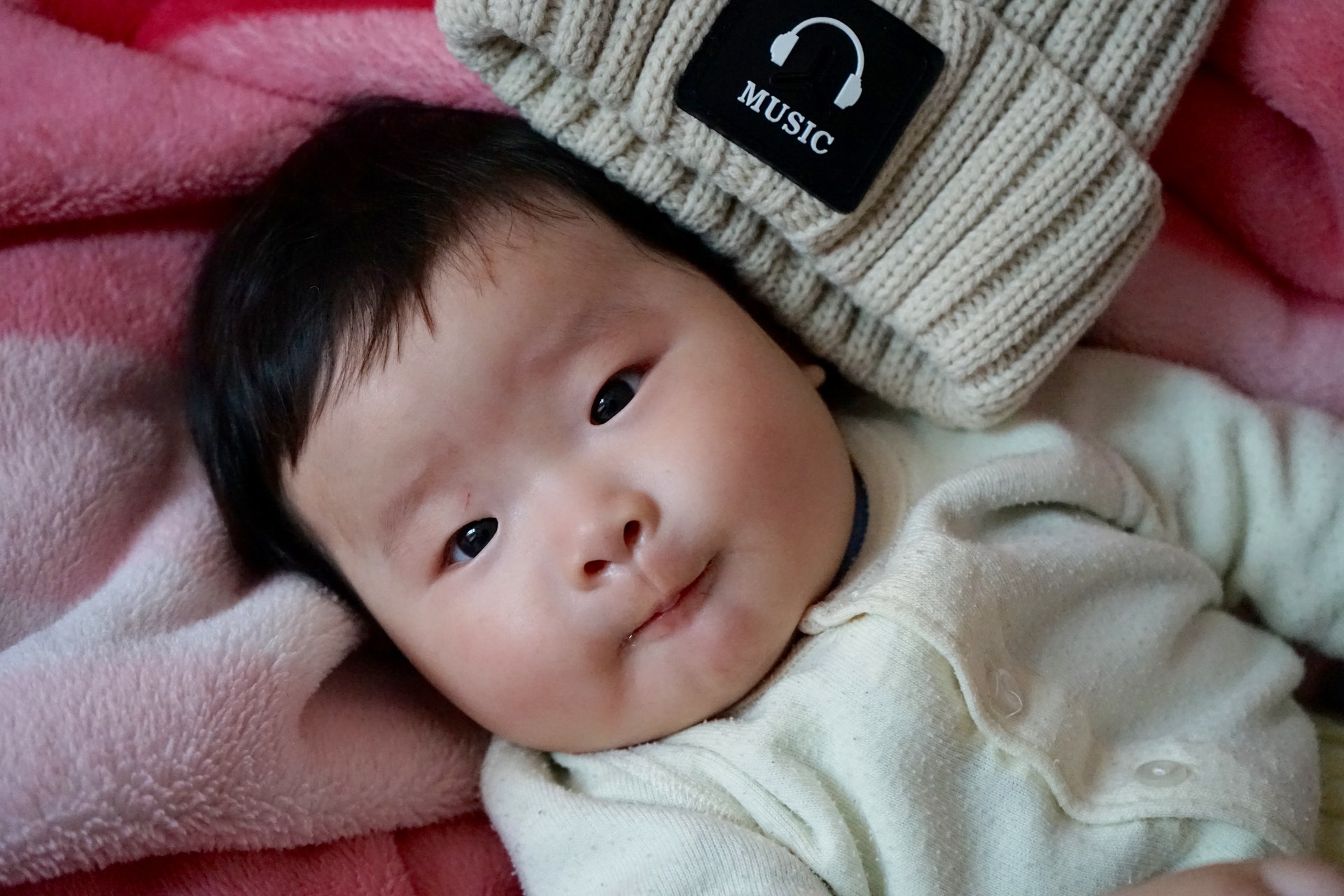Every potential parent experiences anxieties about becoming a mother/father and worrying about pregnancy, childbirth and being a good parent is perfectly normal. Surviving abuse can add additional stress and complications to these worries and it is natural for those who have experienced sexual abuse and/or rape to feel extra anxiety.
Pregnancy
For female survivors the process of being pregnant can raise many difficult issues. For CSA survivors the process of growing a new life can trigger difficult memories from childhood and all survivors may experience a sense of a loss of control over their body as it changes in response to the developing pregnancy. Additionally the many, often intimate, examinations by medical professionals that are a part of being pregnant can be extremely distressing.
Let those around you know your fears and allow them to support you. Midwifes are trained to deal with people from all walks of life and will be able to help you through medical examinations. Talk to your Doctor if you think you would benefit from counselling to help you deal with any new issues that have arisen as a result of your pregnancy. You may also find some of the tips in this coping sheet helpful:
For survivors who are pregnant as a result of rape please see this excellent article here:
Childbirth
Childbirth is a powerful event and each person’s experience is unique. Again most people will feel apprehensive about giving birth but for the survivor there can be a range of additional fears to cope with. Again there might be worries about the physical examinations that might be required during labour or that the process might trigger flashbacks. There may be fears about loosing control of what is happening to your body or just the fear of having to be exposed below the waist.
If you have particular concerns about childbirth it can help to make a birth plan to outline what kind of decisions you would like to make about things like pain relief. You can read about writing a birth plan here
Some women find hiring a Doula helpful. Doulas are specially trained women who ‘mother the mothers’ and can support you during your pregnancy, childbirth and beyond. You can find more information here:
Most areas run some kind of antenatal classes – in the UK the NCT is an excellent resource for finding local groups and getting information and support in the UK and in America there is Planned Parenthood
Breastfeeding
Breastfeeding is a wonderful way to naturally feed your child and can be a great source of emotional bonding. Some survivors however might have anxieties about choosing to breast feed their child. Some might worry that feeding this way will be too triggering physically, others may have concerns that to feed a child this way might feel like abuse or that they might feel ‘dirty’ for doing so. The process of feeding at night may also be a trigger if this was the time you were normally abused. The conflict between wanting to breastfeed your child and these fears can be a source of distress.
Breastfeeding your baby can be a very special time and there is support available to help you to breastfeed successfully. Most areas also offer a breastfeeding support group and the NCT have specially trained breastfeeding counsellors available. An excellent resource for information on breastfeeding can be found here:
PND
Anyone can suffer from post-natal depression (also known as postpartum depression) but those who have previously experienced a period of depression are more prone to developing PND . Depression is common in survivors of abuse and rape which potentially makes them more vulnerable to suffering from PND. PND is a serious condition and it is important to seek professional support if you think you are suffering from this condition. You can read more about PND here:
Being a good parent
Every mother- and father-to-be asks themselves whether or not they will be a good parent to their child. For a survivor there may be additional questions about the ability to be a good parent. Some survivors fear that they will not be able to cope with taking care of another person, especially if they have never experienced being cared for well themselves. Others worry about being able to protect their child from being abused.
Once you have had your child you can access support through your local health visitor or Doctor who can put you in touch with local support organisations and groups such as mother and baby groups and parenting classes. You can also talk to your health visitor about your own health – especially if you suspect you might be suffering from PND.
Many people find becoming a parent a healing process. For those who have viewed their bodies as a source of pain it is an opportunity to see how amazing it actually is as it creates new life. Becoming a parent is undoubtedly a life changing experience that brings many challenges but it can also be the most wonderful thing to ever happen to you. Never be afraid to reach out for the support that you need – it does not make you a bad parent to admit to needing help. In fact recognising you need support in caring for your child demonstrates how committed to being a good parent you actually are. In the process of recovering from abuse survivors demonstrate resilience, determination and bravery, qualities that any parent would be proud to have.
Further Reading
1. Kathleen Kendall-Tackett, Breastfeeding and the Sexual Abuse Survivor, Journal of Human Lactation, 1998, Vol. 14, 125-130.

